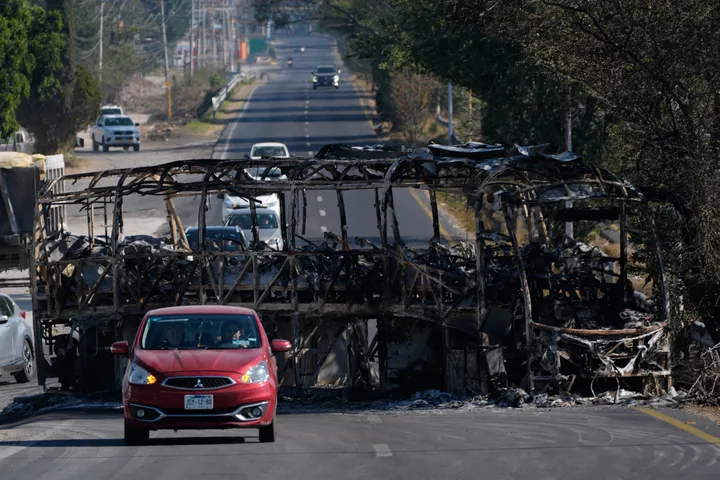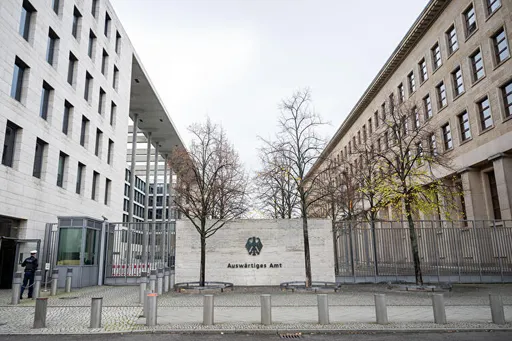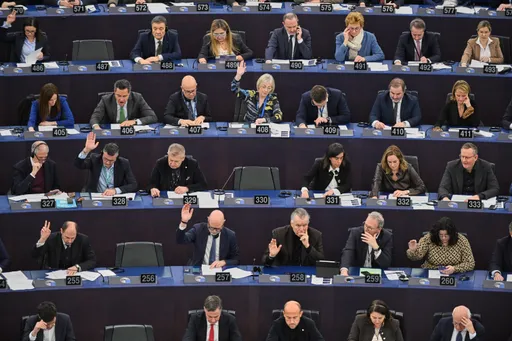A coalition of rights organisations came together on Wednesday for an art installation depicting the effects the Muslim Ban has had on American families.
The ban was first enacted by President Donald Trump in 2017, and faced multiple legal setbacks until the third iteration was upheld last year.
Wednesday marks the one-year anniversary of the Supreme Court upholding the latest iteration of the ban.
The Council on American-Islamic Relations (CAIR), the American Civil Liberties Union (ACLU) and Church World Services organised the display in front of the Capitol Hill building, joined by several lawmakers.
"I hear stories every day from Americans reaching out to tell me they’ve been unable to see their spouse," said Congresswoman Judy Chu who introduced a bill to restrict the ban.
President Trump, in late 2015 when he was a Republican candidate running for the presidency called for a "total and complete shutdown on Muslims entering" the United States.
The latest version of the ban blocks people from seven countries—five of which are Muslim-majority—from US entry. It bars immigration from Iran, Libya, Somalia, Syria and Yemen as well as North Korea and Venezuela.
Effects of ban
One of the most known examples of the devastating effects of the ban came last year.
A Yemeni mother was denied entry to see her two-year-old son, who was at a hospital in Oakland, California suffering from a genetic brain disease.
Shaima Swileh is a Yemeni citizen while her husband, Ali Hassan, is an American.
Hassan took his son Abdullah to the US for medical treatment as his condition got worse, leaving Swileh back in Egypt to apply for a visa. Finally, she was allowed entry after a year to see her son, less than two weeks before he died.
"It doesn’t matter how many times you try to launder this through the wash, it still has the scent of bigotry," Senator Chris Van Hollen said.
It also enacted a waiver system which would approve entry for candidates on a case-by-case basis. Since then, only five percent of those waivers were granted by the US.
"This policy that is going to be a stain on our history, once for all needs to end," Congresswoman Ilhan Omar said.
"If the Supreme Court is willing to let the Muslim Ban remain in effect, then it is up to Congress to repeal the ban and fix our broken immigration system," said Robert McCaw, government affairs director for CAIR.
Congresswoman Chu introduced the No Ban Act in Congress in April, which, if passed, would create restrictions on the President's ability to bar people from entering the US and prohibits religious discrimination in immigration-related decisions.























